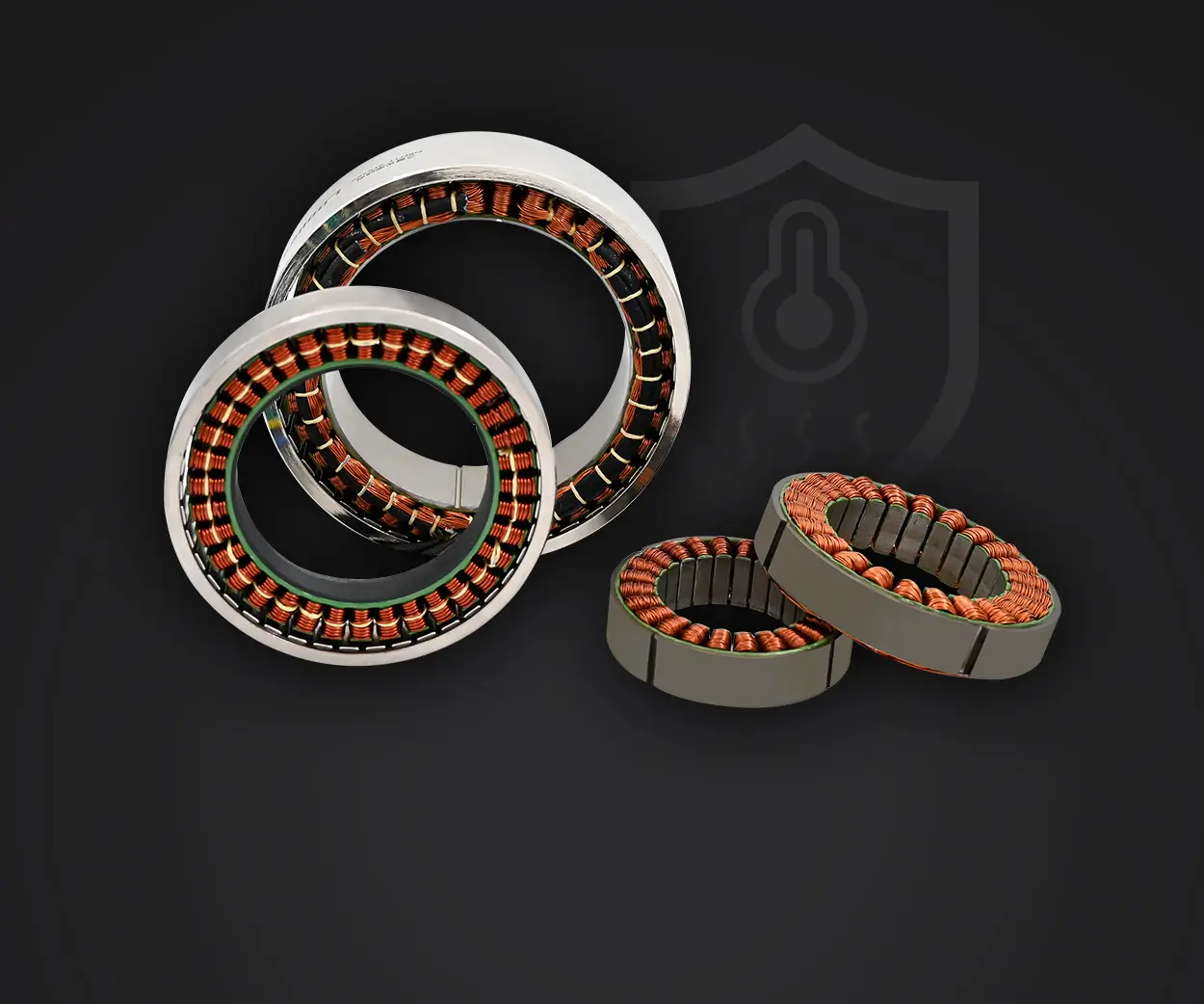In the realm of modern manufacturing, computer numerical control (CNC) machines stand as the backbone of precision engineering. From aerospace components to intricate jewelry, CNC machines enable manufacturers to produce complex parts with incredible accuracy. At the heart of this technological marvel lies a critical component that fuels its performance: the servo motor.

Servo motors are specialized electric motors designed for high precision and responsiveness. Unlike traditional motors, servo motors incorporate feedback systems—typically encoders or resolvers—that continuously monitor shaft position and speed. This real-time information feeds into the control system, enabling the motor to adjust its movement dynamically. The result? An almost intuitive level of control that allows CNC machines to execute complex tool paths seamlessly, maintaining exact tolerances.
But what makes servo motors particularly suited for CNC applications? The answer lies in their superior control capabilities. In essence, a servo motor acts like a finely tuned athlete: capable of executing rapid, precise movements with minimal overshoot and delay. This responsiveness is essential in CNC machining, where even slight deviations can compromise the quality of a finished product.
The typical servo motor used in CNC machines is a type of direct current (DC) or alternating current (AC) motor, often brushless (BLDC) or permanent magnet synchronous motor (PMSM). Brushless servo motors are favored for their durability, efficiency, and low maintenance, thanks to the absence of brushes that can wear out over time. Their design offers high torque-to-inertia ratios, making them excellent for applications requiring quick acceleration and deceleration.
Speed and torque control are two primary characteristics of servo motors in CNC machinery. These motors can be finely tuned through the control system to deliver consistent torque during cutting operations, or rapid changes in speed during tool changes or complex maneuvers. The ability to precisely control these parameters underpins the high level of repeatability and quality CNC processing is known for.
The integration of servo motors with advanced motion controllers has propelled CNC technology into a new era. Thanks to sophisticated algorithms and high-speed feedback loops, modern servo drives can optimize movement routines, reduce vibrations, and enhance surface finishes. This synergy improves productivity, diminishes waste, and lowers operational costs—key factors in competitive manufacturing environments.
Furthermore, servo motors contribute significantly to energy efficiency. Their intelligent control systems can modify power consumption based on load demands, avoiding unnecessary energy waste. This adaptability not only cuts costs but also makes CNC operations more environmentally friendly—a growing concern for industries worldwide.
The significance of servo motors extends beyond their technical capabilities. They are foundational to automation systems, enabling CNC machines to operate with minimal human intervention. Automated tool changers, multi-axis machining, and synchronized operations all rely heavily on the precision and reliability of servo motors. In fact, the sophistication of a CNC machine’s automation architecture often depends on the quality of its servo motor system.
In recent years, technological advancements have taken servo motor design and performance to unprecedented heights. Innovations in magnetic materials, cooling systems, and manufacturing techniques have led to higher torque densities and smaller, more powerful motors. These developments pave the way for even more compact CNC machines that can perform complex tasks while occupying less space—vital in crowded manufacturing floors.
The future also hints at the integration of smart features in servo motors. Predictive maintenance algorithms, IoT connectivity, and real-time health monitoring allow operators to preempt faults and optimize performance proactively. By doing so, manufacturers can minimize downtime, extend the lifespan of equipment, and ensure consistent product quality.
Ultimately, the servo motor embodies the perfect marriage of electrical engineering, control theory, and mechanical design. It exemplifies how advanced technology can revolutionize traditional industries, making manufacturing more precise, faster, and more sustainable. As CNC machines continue to evolve, so too will the servo motors that power them—becoming ever more intelligent, efficient, and vital to the future of industry.
Established in 2005, Kpower has been dedicated to a professional compact motion unit manufacturer, headquartered in Dongguan, Guangdong Province, China.




































